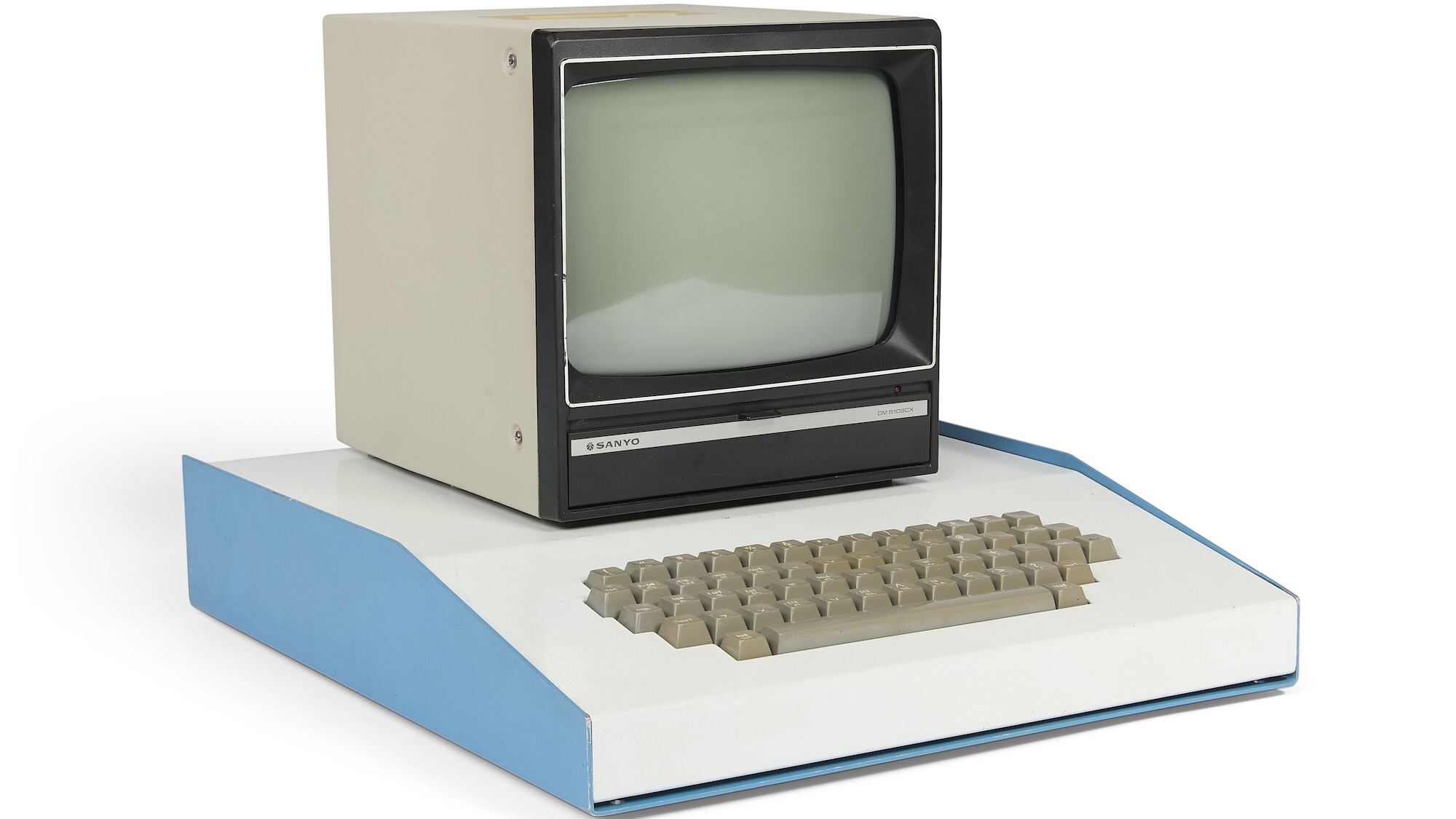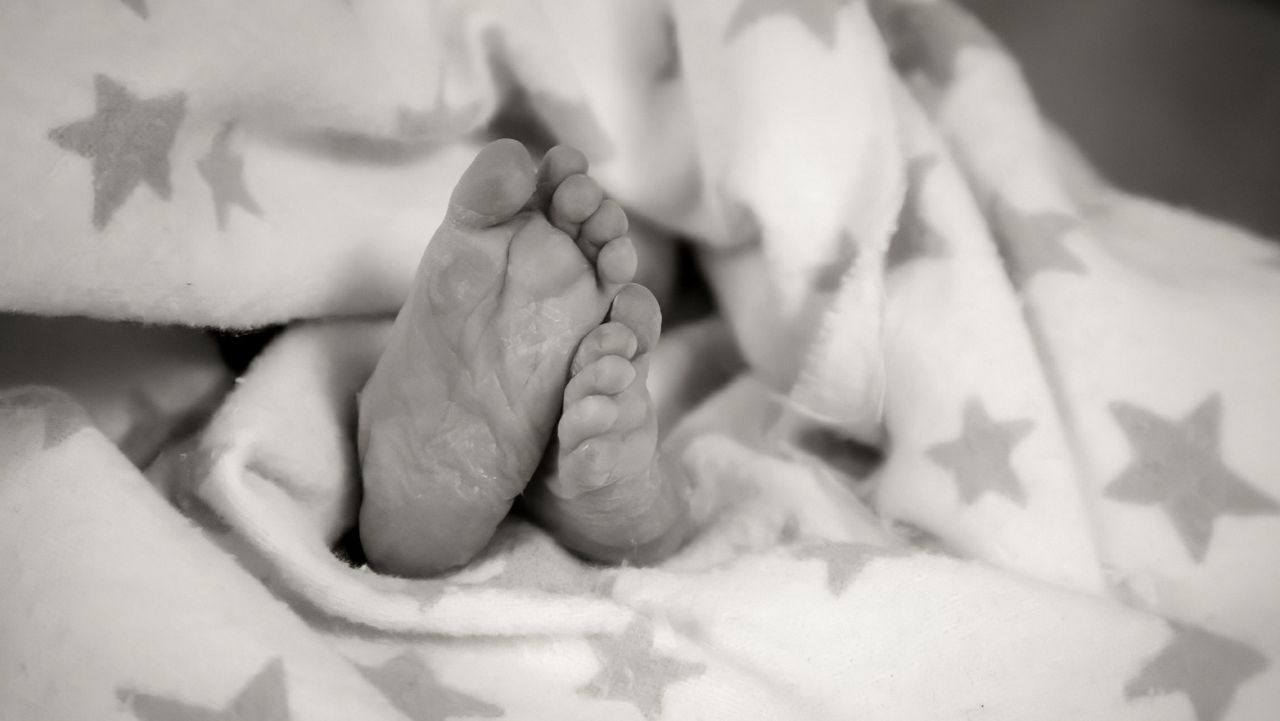When Steve Jobs Got Fired By Apple

Oct. 6, 2011— — Steve Jobs was just 30 years old, wildly successful, fabulously wealthy and a global celebrity. And then it all came crashing down.
He had revolutionized personal computing and created an iconic brand – only to be forced out of the company he had built into a billion-dollar colossus.
“I was out — and very publicly out,” he recalled in a commencement speech at Stanford University. “What had been the focus of my entire adult life was gone, and it was devastating.” He added, “I was a very public failure.”
History is filled with trailblazers who stumbled before finding success. But Steve Jobs’ career followed a different arc: a meteoric rise, a humbling fall, and then one amazing comeback, perhaps the most spectacular second act of all time.
PHOTOS: Steve Jobs Through The Years
“He co-founds Apple Computer when he is 21, and by the time he is 23 he’s a millionaire. He becomes legendary. And then, at 30, he has this humiliating defeat,” said Alan Deutschman, author of “Change or Die, The Second Coming of Steve Jobs.”
“But he persists, he has this incredible tenacity. He holds on and he comes back with triumph after triumph, driving this company to new heights, creating the greatest corporate success of our time. It’s a unique story.”
Steve Jobs ‘Devastated’ When Fired By Apple
The founding of Apple Computer is by now legendary. After dropping out of Reed College, Jobs and his buddy Steve Wozniak launched the company from his family’s suburban California garage in 1976.
In 1981, Apple Computer went public. Just two years later, Apple cracked the Fortune 500 and Jobs recruited John Sculley, the head of Pepsi-Cola, to be its new chief executive.
“Do you want to spend the rest of your life selling sugared water, or do you want a chance to change the world?” Jobs famously said.
Jobs was Apple’s chief visionary, a role that put him in charge of the team developing Apple’s next revolutionary product, the Macintosh computer. The Mac debuted in 1984 to rave reviews but disappointing sales, putting a financial strain on the company -– and fraying Jobs’ relationship with Sculley.
“Jobs basically created his own team to create his own product, the Macintosh. His team actually had its own building. He even flew the pirate flag there. He said, ‘It is better to be a pirate, than to be in the navy.’ He had this company-within-a-company that became pitted against other parts of the company that actually made money,” Deutschman said.
The Jobs-Sculley relationship was further strained by complaints from workers on the Mac team about their demanding boss, according to William Simon, co-author of “iCon: Steve Jobs, the Greatest Second Act in the History of Business.”
Jobs “demanded so much from the people who worked for him. That was part of his greatness,” Simon said. “But he drove people too hard. … being gentle and polite was not part of his demeanor.”
A power struggle erupted between Sculley and Jobs. In the spring of 1985 Apple’s board sided with the CEO, removing Jobs from his command of the Macintosh group.
READ MORE: Steve Jobs’ 20 Best Quotes
“They basically stripped Jobs of responsibilities and gave him an office that he referred to as ‘Siberia.’ Well, someone like Steve Jobs could not sit in Siberia,” Deutschman said. “Jobs told his closest friends and colleagues that it was a betrayal.”
Jobs left Apple and spent the summer of 1985 in a “midlife crisis, deciding what he wanted to do with his life and flirting with all kinds of possibilities” from entering politics to becoming an astronaut, Deutschman said.
link







